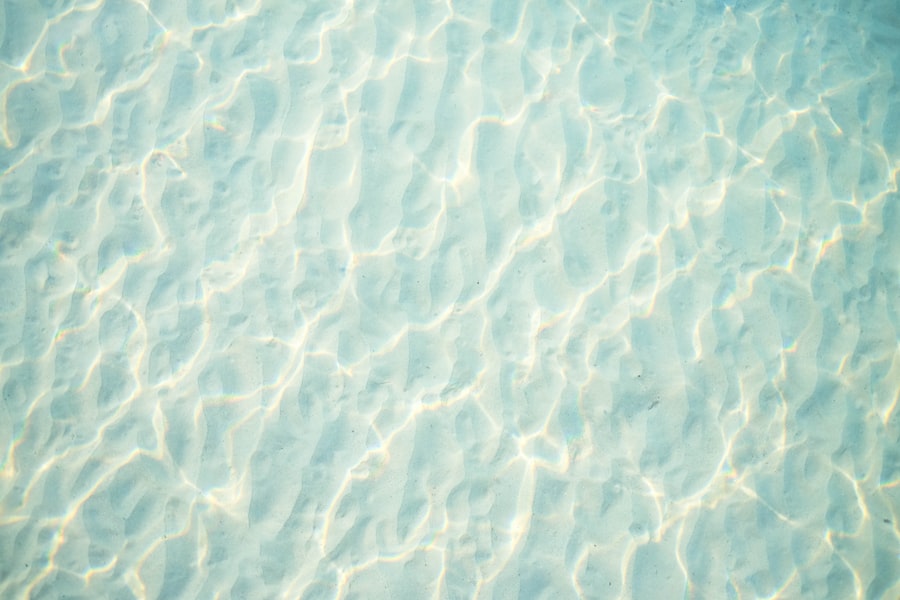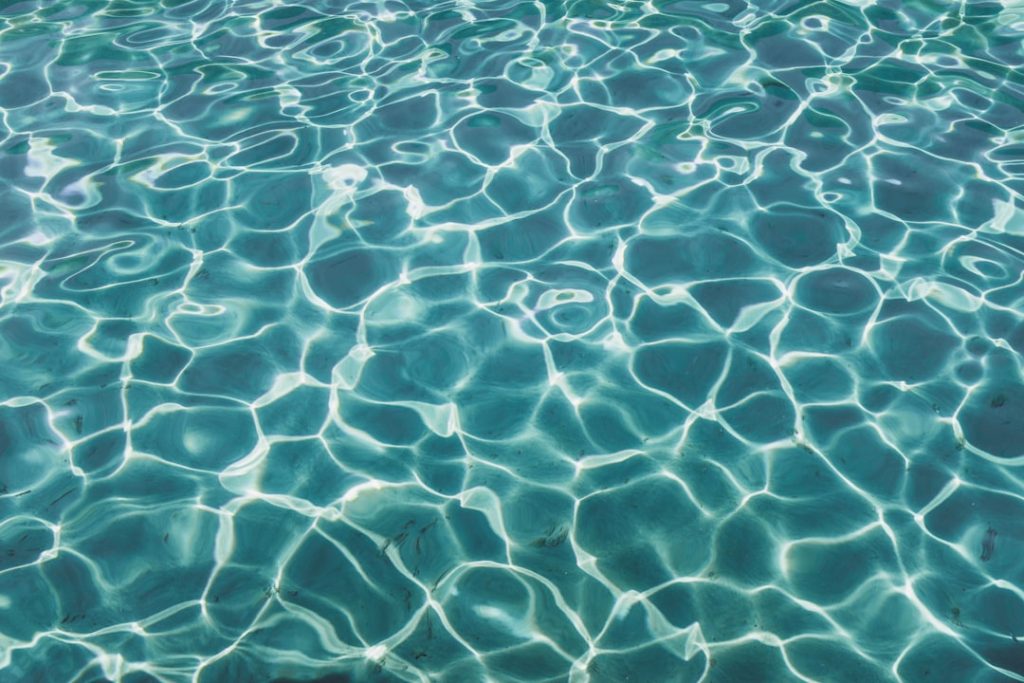During winter, water is crucial for chickens’ survival and well-being. Chickens require water more urgently than food, as they can endure longer periods without food compared to water. Water is essential for various bodily functions, including digestion, nutrient absorption, temperature regulation, and overall health maintenance.
In cold weather, chickens face a higher risk of dehydration due to increased energy expenditure for warmth. Dehydration can result in reduced egg production, poor feather quality, and potentially death. Water also plays a vital role in maintaining chickens’ body temperature during winter.
Chickens have a higher body temperature than humans and must maintain it for optimal health. Water aids in temperature regulation through drinking and preening. Additionally, chickens generate body heat during food digestion, a process that requires water.
Without adequate water access, chickens may struggle to stay warm, leading to stress, illness, and decreased egg production. Ensuring chickens have access to clean, unfrozen water is essential for their health and productivity during winter months. Understanding the importance of water for chickens in cold weather is fundamental to maintaining their well-being and egg production throughout the season.
Table of Contents
- 1 Choosing the right waterer for cold weather
- 2 Insulating and heating waterers to prevent freezing
- 3 Implementing a regular water-checking routine
- 4 Using alternative methods to keep water from freezing
- 5 Providing warm water and hydration supplements
- 6 Monitoring chicken behavior and health during winter months
- 7 FAQs
- 7.1 What are some ways to keep chickens’ water from freezing in the winter?
- 7.2 What is a heated waterer and how does it work?
- 7.3 How can I insulate my chickens’ water containers to prevent freezing?
- 7.4 What are heated bases and how do they help prevent water from freezing?
- 7.5 Is it safe to add hot water to chickens’ waterers in the winter?
Key Takeaways
- Water is essential for chickens in winter to maintain hydration, regulate body temperature, and aid in digestion.
- Choose a waterer designed for cold weather, such as insulated or heated options, to prevent freezing and ensure access to water.
- Insulate and heat waterers using materials like foam insulation or heated bases to prevent freezing in low temperatures.
- Implement a regular water-checking routine to ensure water is not frozen and to monitor water quality for the health of the chickens.
- Use alternative methods such as adding salt or sugar to water, using solar-powered waterers, or using heated pet bowls to keep water from freezing.
- Provide warm water and hydration supplements like electrolytes to ensure chickens stay hydrated and healthy during winter.
- Monitor chicken behavior and health closely during winter months to identify any signs of dehydration or illness related to water intake.
Choosing the right waterer for cold weather
Design and Type of Waterer
First and foremost, it is essential to select a waterer that is designed specifically for winter use. Look for insulated or heated waterers that are designed to prevent freezing in cold temperatures. There are various types of winter waterers available, including heated base waterers, heated nipple waterers, and insulated fount-style waterers. Each type has its own advantages and disadvantages, so it’s essential to consider your specific needs and preferences when choosing the right waterer for your chickens.
Size and Capacity of the Waterer
Another important factor to consider when choosing a waterer for cold weather is the size and capacity of the waterer. In the winter, chickens may consume more water than usual due to the dry air and increased energy expenditure to stay warm. Therefore, it’s crucial to choose a waterer that can accommodate the increased water consumption of your flock.
Ease of Use and Maintenance
Additionally, consider the ease of use and maintenance of the waterer. Look for a waterer that is easy to fill, clean, and refill, especially in cold weather conditions. Choosing the right waterer for cold weather is essential for ensuring that your chickens have access to clean and unfrozen water throughout the winter months.
Insulating and heating waterers to prevent freezing

Insulating and heating waterers is a crucial step in preventing freezing during the winter months. There are several methods for insulating and heating waterers, depending on the type of waterer you have and your specific needs. For insulated fount-style waterers, you can use foam insulation or insulating jackets to help retain heat and prevent freezing.
These insulating materials can be easily attached to the outside of the waterer to provide an extra layer of protection against the cold temperatures. For heated base waterers, you can use heated bases or heated pads specifically designed for poultry waterers. These devices are designed to keep the water in the base from freezing by providing a constant source of heat.
Heated nipple waterers are another option for preventing freezing in cold weather. These waterers have built-in heating elements that keep the water flowing and prevent ice from forming in the nipples. In addition to insulation and heating devices, it’s essential to consider the placement of the waterer to prevent freezing.
Place the waterer in a sheltered area, such as inside the coop or under a covered area, to protect it from direct exposure to wind and cold temperatures. Insulating and heating waterers is a critical step in ensuring that your chickens have access to clean and unfrozen water throughout the winter months.
Implementing a regular water-checking routine
Implementing a regular water-checking routine is essential for ensuring that your chickens have access to clean and unfrozen water during the winter months. In cold weather, it’s crucial to check the waterers multiple times a day to ensure that they have not frozen over. Make it a part of your daily routine to check the waterers in the morning, afternoon, and evening, especially during periods of extreme cold or inclement weather.
When checking the waterers, be sure to inspect them for any signs of freezing or ice buildup. If you notice any ice forming in the waterer, take immediate action to thaw it out and provide fresh, unfrozen water for your chickens. Additionally, check the water level in the waterer regularly and refill it as needed to ensure that your flock has an ample supply of water throughout the day.
Implementing a regular water-checking routine is crucial for preventing dehydration and ensuring that your chickens stay healthy and hydrated during the winter months. By staying vigilant and proactive in checking the waterers, you can help prevent freezing and ensure that your flock has access to clean and unfrozen water at all times.
Using alternative methods to keep water from freezing
In addition to insulating and heating waterers, there are alternative methods that can be used to keep water from freezing during the winter months. One popular method is to use heated pet bowl or heated buckets as an alternative to traditional poultry waterers. These heated bowls and buckets are designed specifically for outdoor use and can provide a constant source of warmth to prevent freezing in cold temperatures.
Another alternative method is to use heated rocks or bricks in the waterer to help keep the water from freezing. Simply heat the rocks or bricks in an oven or with a heat source and place them in the waterer to provide additional warmth and prevent ice from forming. Be sure to monitor the temperature of the rocks or bricks to prevent overheating or injury to your chickens.
Additionally, using solar-powered or battery-operated heaters can be an effective alternative method for keeping water from freezing in cold weather. These heaters are designed to provide a constant source of heat without requiring electricity or additional wiring. Using alternative methods to keep water from freezing can provide added protection against cold temperatures and ensure that your chickens have access to clean and unfrozen water throughout the winter months.
Providing warm water and hydration supplements

Preventing Dehydration with Warm Water
In addition to preventing freezing, providing warm water can help ensure that your chickens stay hydrated and healthy during the winter months. Offering warm water can help raise your chickens’ body temperature and provide them with much-needed warmth during cold weather. You can easily warm up their drinking water by adding hot (but not boiling) water from a kettle or using a heated base or pad in their waterer.
Hydration Supplements for Extra Nutrition
Hydration supplements such as electrolytes can also be added to your chickens’ drinking water to help replenish essential nutrients and minerals lost through dehydration. These supplements can help boost your chickens’ immune systems and overall health during periods of extreme cold or inclement weather.
Warm Treats for Extra Nourishment
In addition to warm water and hydration supplements, consider offering warm treats such as oatmeal or scrambled eggs to provide extra nourishment and warmth for your flock during the winter months.
Ensuring Overall Health and Hydration
Providing warm water and hydration supplements can help ensure that your chickens stay hydrated and healthy throughout the colder months.
Monitoring chicken behavior and health during winter months
Monitoring chicken behavior and health during the winter months is crucial for identifying any signs of dehydration or illness related to cold weather conditions. Keep an eye on your flock’s behavior, such as decreased activity, lethargy, or huddling together for warmth, as these may be signs of dehydration or stress due to cold temperatures. Additionally, monitor your chickens’ physical health by checking their comb and wattle color, as pale or discolored combs and wattles may indicate poor circulation due to dehydration or cold stress.
Keep an eye out for any signs of frostbite on their combs, wattles, feet, or legs, as these areas are particularly susceptible to cold-related injuries. Regularly inspect your chickens’ droppings for signs of dehydration or illness, such as abnormal color or consistency. If you notice any changes in their droppings or behavior, take immediate action to provide them with warm, unfrozen water and seek veterinary care if necessary.
By monitoring your chickens’ behavior and health during the winter months, you can proactively address any issues related to dehydration or cold stress and ensure that your flock stays healthy and hydrated throughout the colder months.
If you’re looking for tips on how to keep chickens water from freezing in the winter, you might also be interested in learning about when guinea fowl lay eggs. Check out this article for more information on this fascinating topic.
FAQs
What are some ways to keep chickens’ water from freezing in the winter?
Some ways to keep chickens’ water from freezing in the winter include using heated waterers, insulating the water containers, using heated bases, and adding hot water to the waterers regularly.
What is a heated waterer and how does it work?
A heated waterer is a water container that has a built-in heating element to prevent the water from freezing. It works by keeping the water at a constant temperature above freezing, usually around 40-45 degrees Fahrenheit.
How can I insulate my chickens’ water containers to prevent freezing?
You can insulate your chickens’ water containers by wrapping them in foam insulation, using insulating jackets or covers, or placing them in a sheltered area such as a coop or shed.
What are heated bases and how do they help prevent water from freezing?
Heated bases are platforms that the water containers sit on, and they have a built-in heating element to keep the water from freezing. They work by providing a constant source of heat to the bottom of the water container.
Is it safe to add hot water to chickens’ waterers in the winter?
Yes, it is safe to add hot water to chickens’ waterers in the winter to help prevent freezing. However, it’s important to use water that is not too hot to avoid burning the chickens or damaging the waterer.
Meet Walter, the feathered-friend fanatic of Florida! Nestled in the sunshine state, Walter struts through life with his feathered companions, clucking his way to happiness. With a coop that’s fancier than a five-star hotel, he’s the Don Juan of the chicken world. When he’s not teaching his hens to do the cha-cha, you’ll find him in a heated debate with his prized rooster, Sir Clucks-a-Lot. Walter’s poultry passion is no yolk; he’s the sunny-side-up guy you never knew you needed in your flock of friends!







